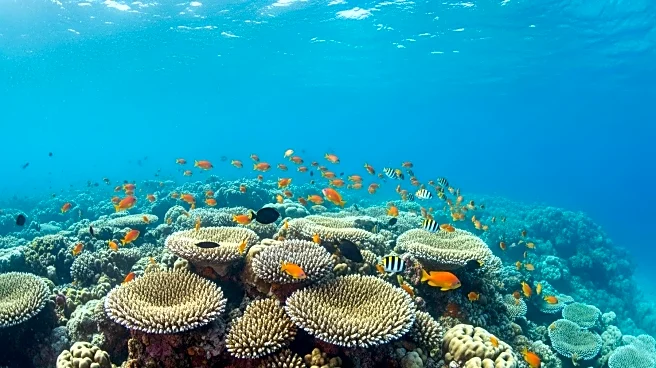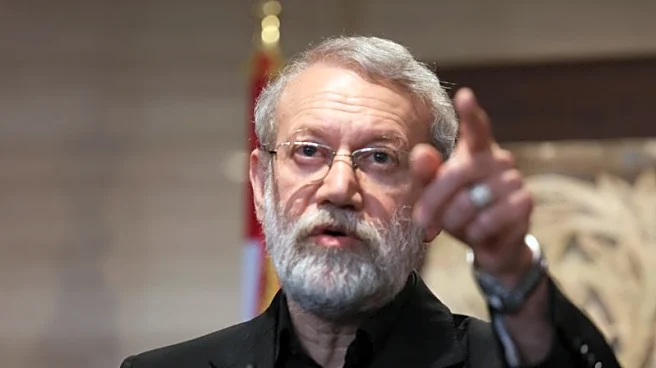What is the story about?
What's Happening?
The Miami Seaquarium, a longstanding marine-mammal theme park, is set to close its doors for the final time on October 12, 2025. The property, located on Virginia Key, is being sold for $22.5 million to developer David Martin and his company, Terra. Martin plans to transform the site into a new development featuring a marina, restaurants with a Fishermen’s Village theme, and a public baywalk along Biscayne Bay. While the Seaquarium name will be retained, the marine mammals central to the park's identity will be relocated to new homes. The redevelopment plan has received support from Miami-Dade County officials, including Mayor Daniella Levine Cava and Commissioner Raquel Regalado.
Why It's Important?
The closure of the Miami Seaquarium marks the end of an era for a site that has been a key tourist attraction since the 1950s. The redevelopment of the waterfront property is significant for Miami's urban landscape, promising to enhance public access to Biscayne Bay and potentially boost local tourism and economic activity. The transformation aligns with broader trends in urban development, focusing on mixed-use spaces that integrate leisure, dining, and public amenities. The decision also reflects changing societal attitudes towards animal rights, as highlighted by PETA's celebration of the park's closure.
What's Next?
The redevelopment plan is contingent upon approval by the Miami-Dade County Commission. If approved, construction will begin, and the new facilities are expected to attract both locals and tourists, potentially revitalizing the area. Stakeholders, including local businesses and environmental groups, may weigh in on the development's impact on the community and ecosystem. The transition away from marine mammal displays could influence future attractions in the region, emphasizing sustainable and ethical tourism practices.
Beyond the Headlines
The closure of the Seaquarium and subsequent redevelopment could have broader implications for Miami's cultural and environmental landscape. The shift away from traditional theme parks to more community-oriented spaces may reflect evolving consumer preferences and ethical considerations. Additionally, the redevelopment could serve as a model for other coastal cities looking to balance economic growth with environmental stewardship and public access.

















